

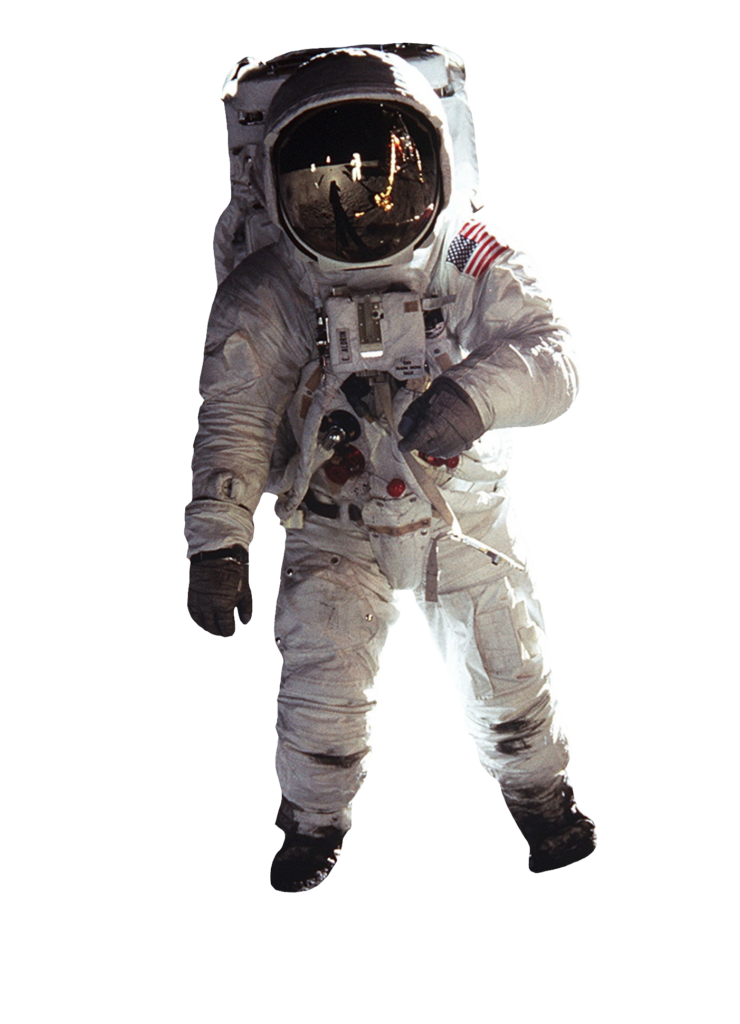


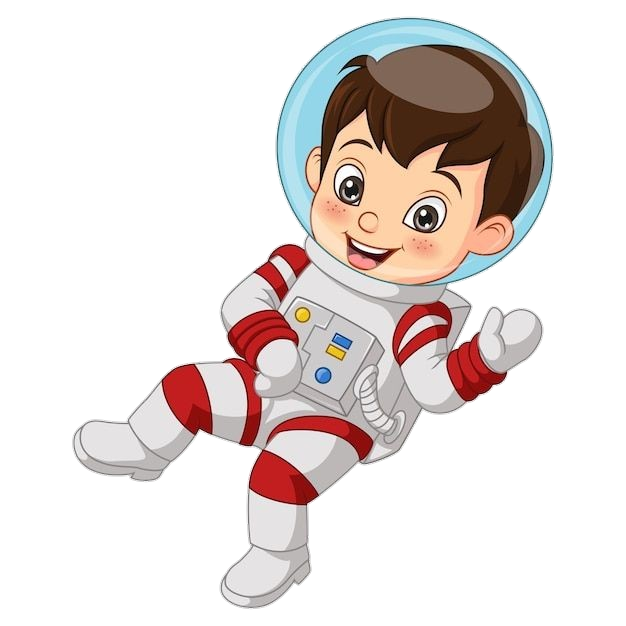
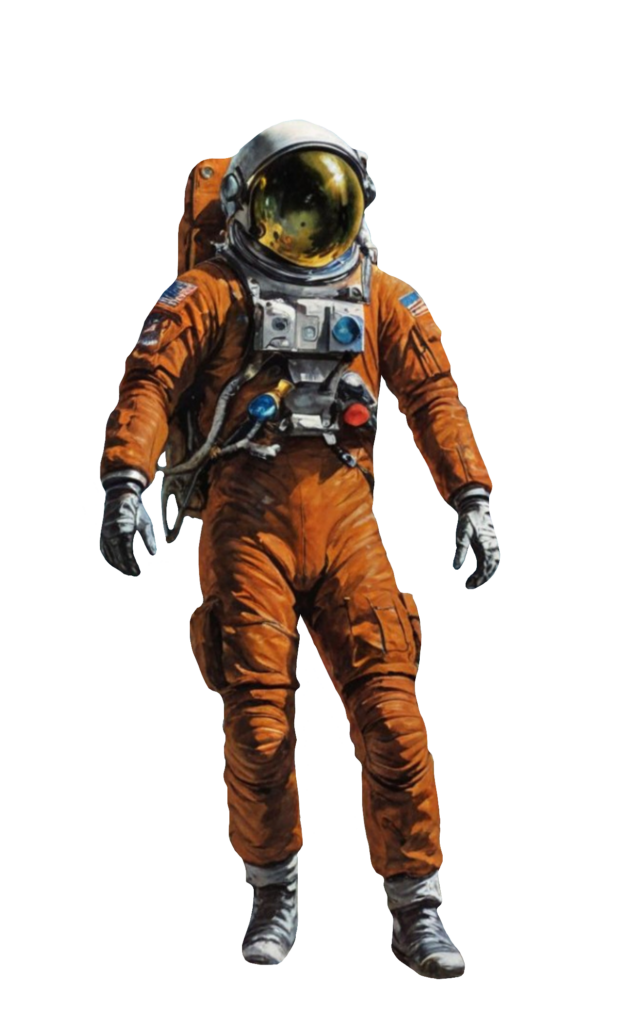


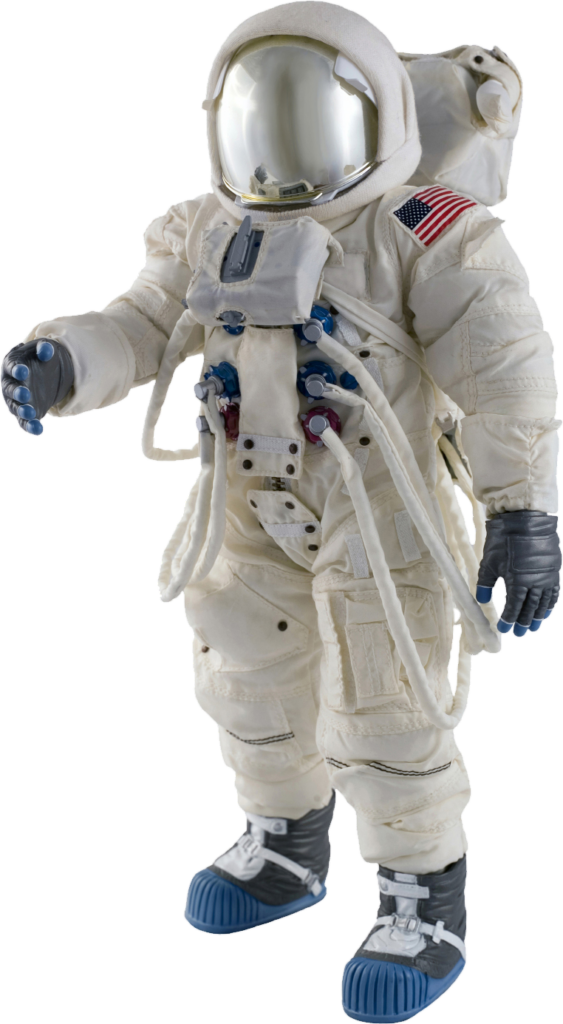




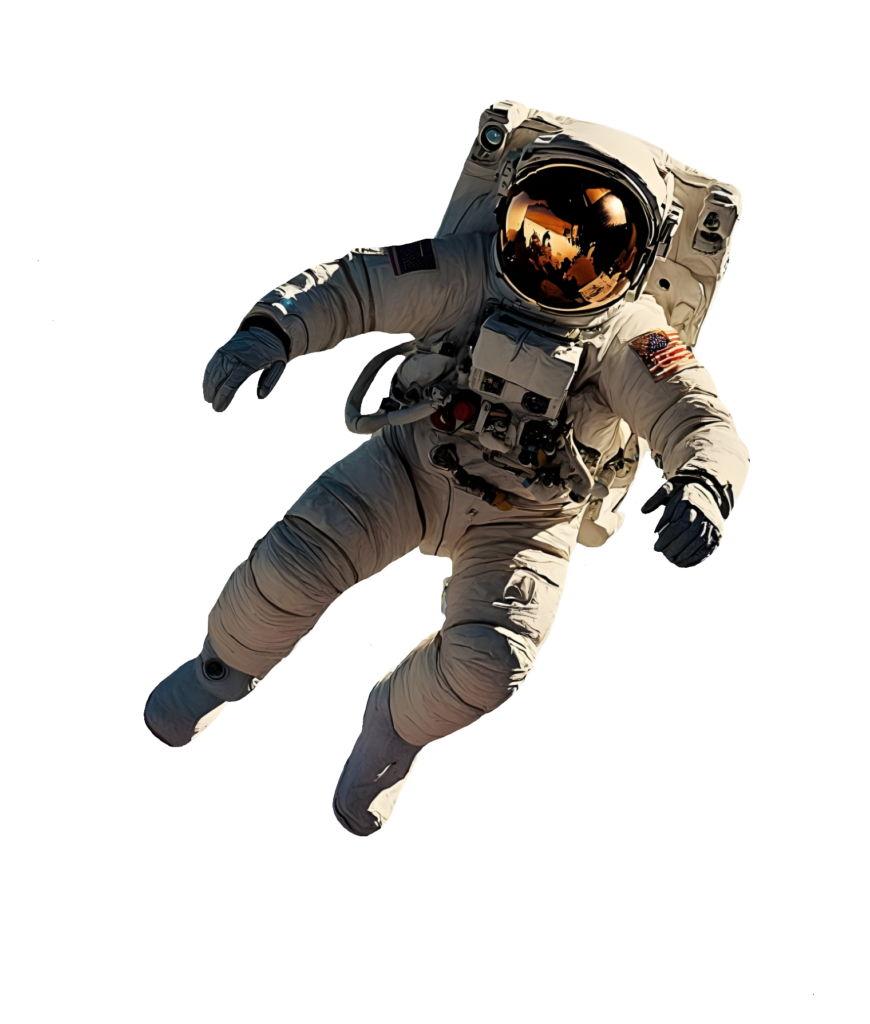


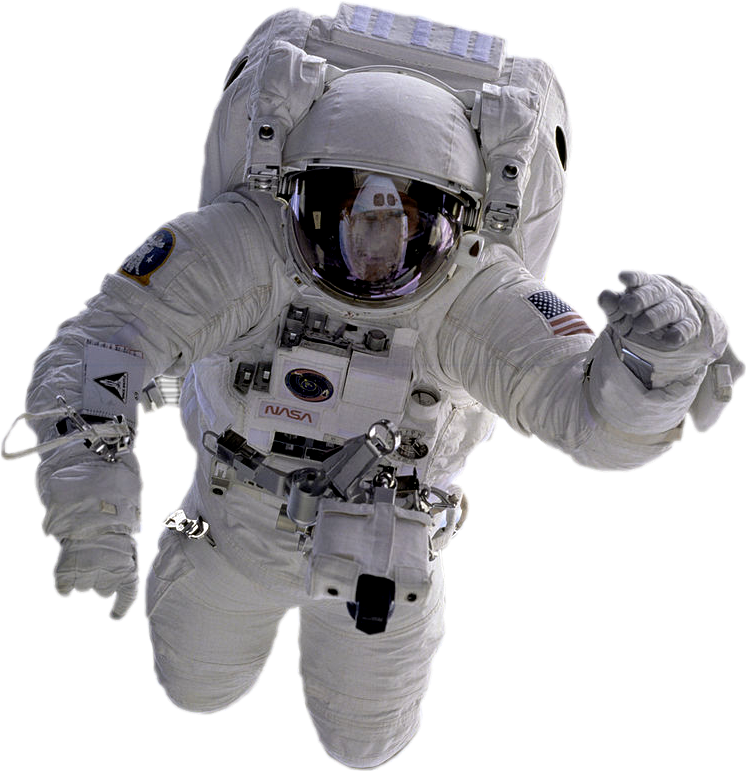

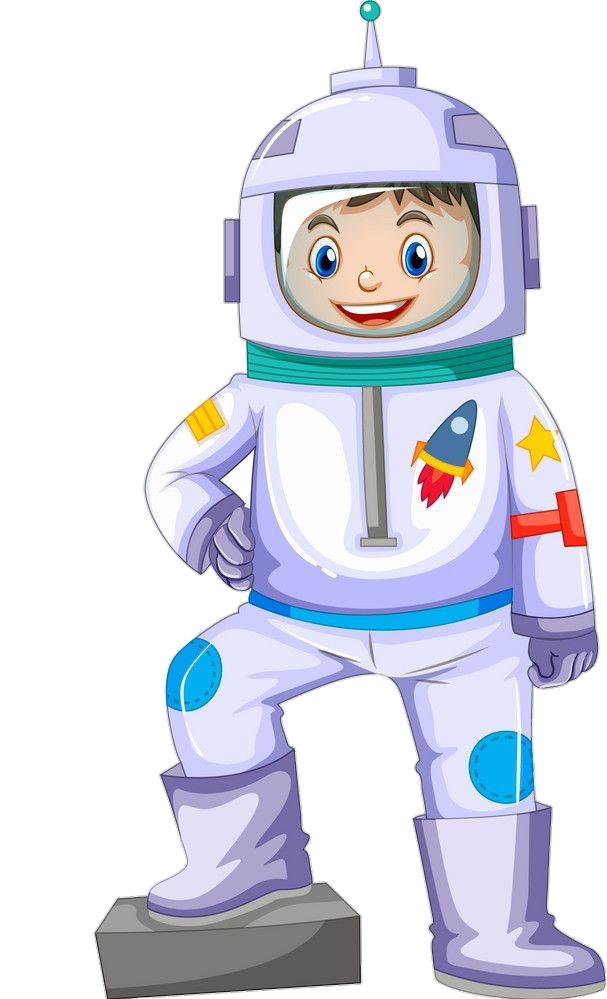

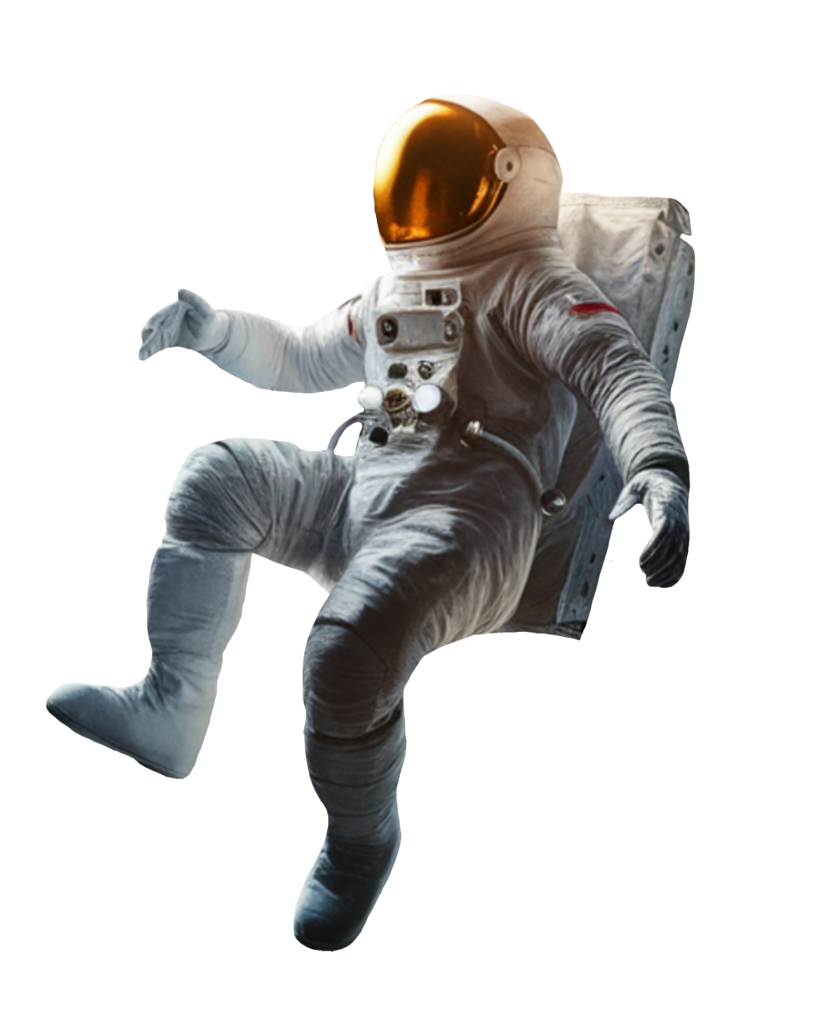

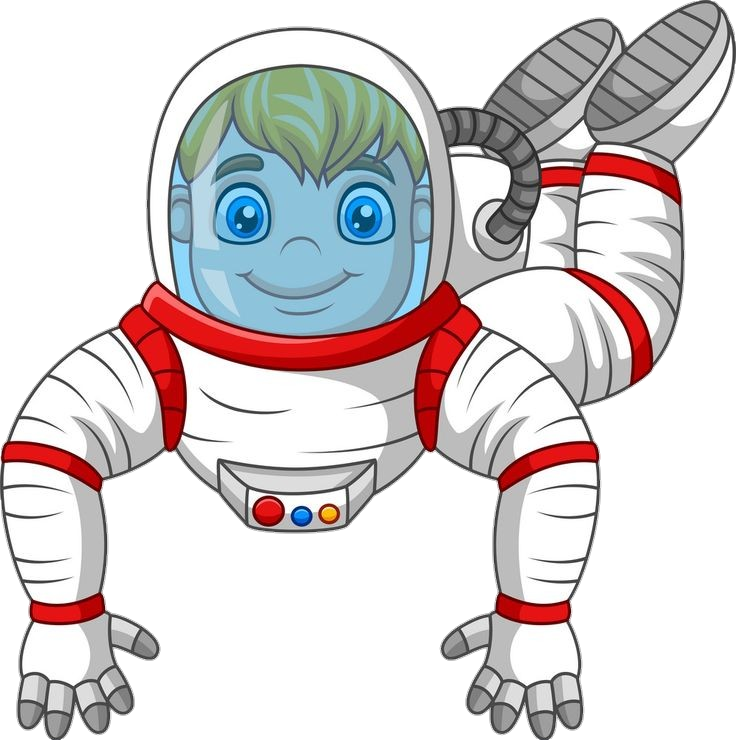




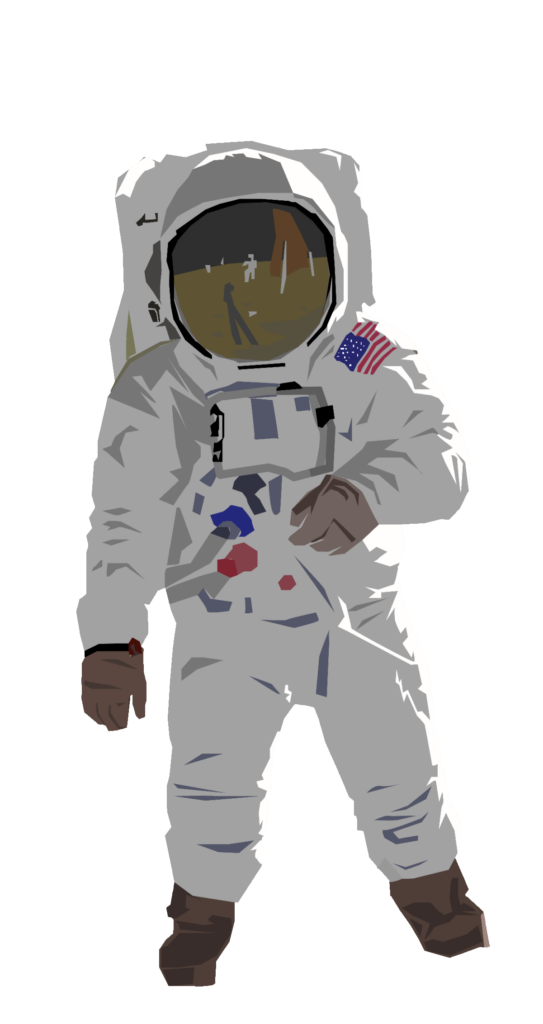

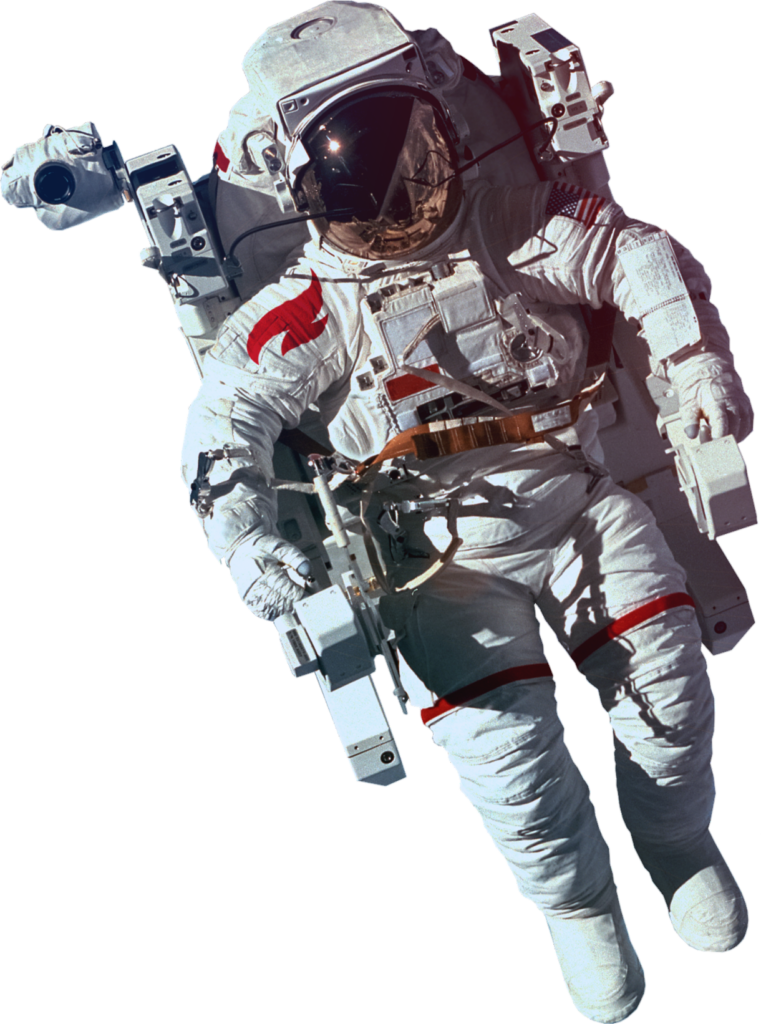
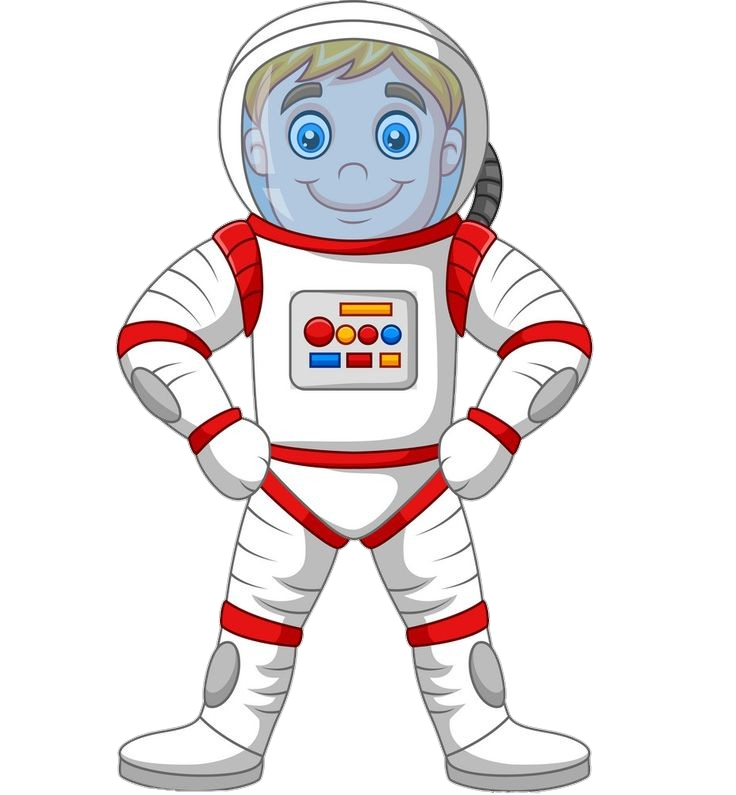

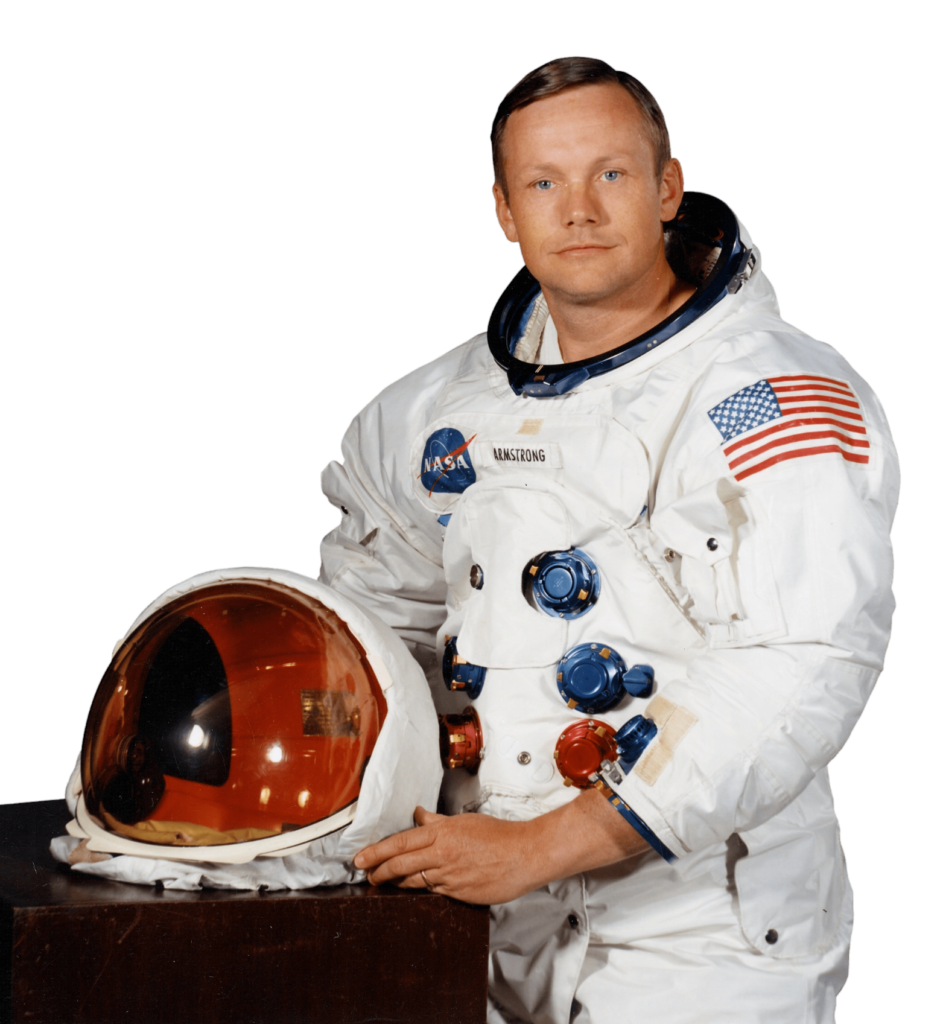

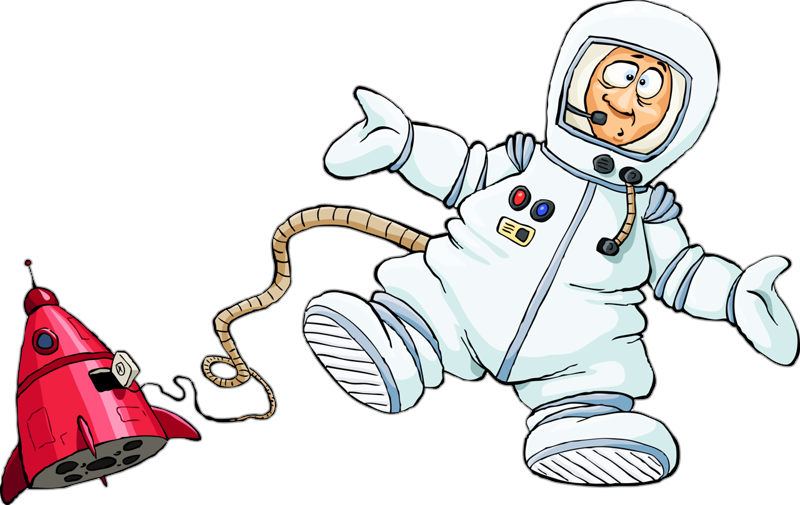
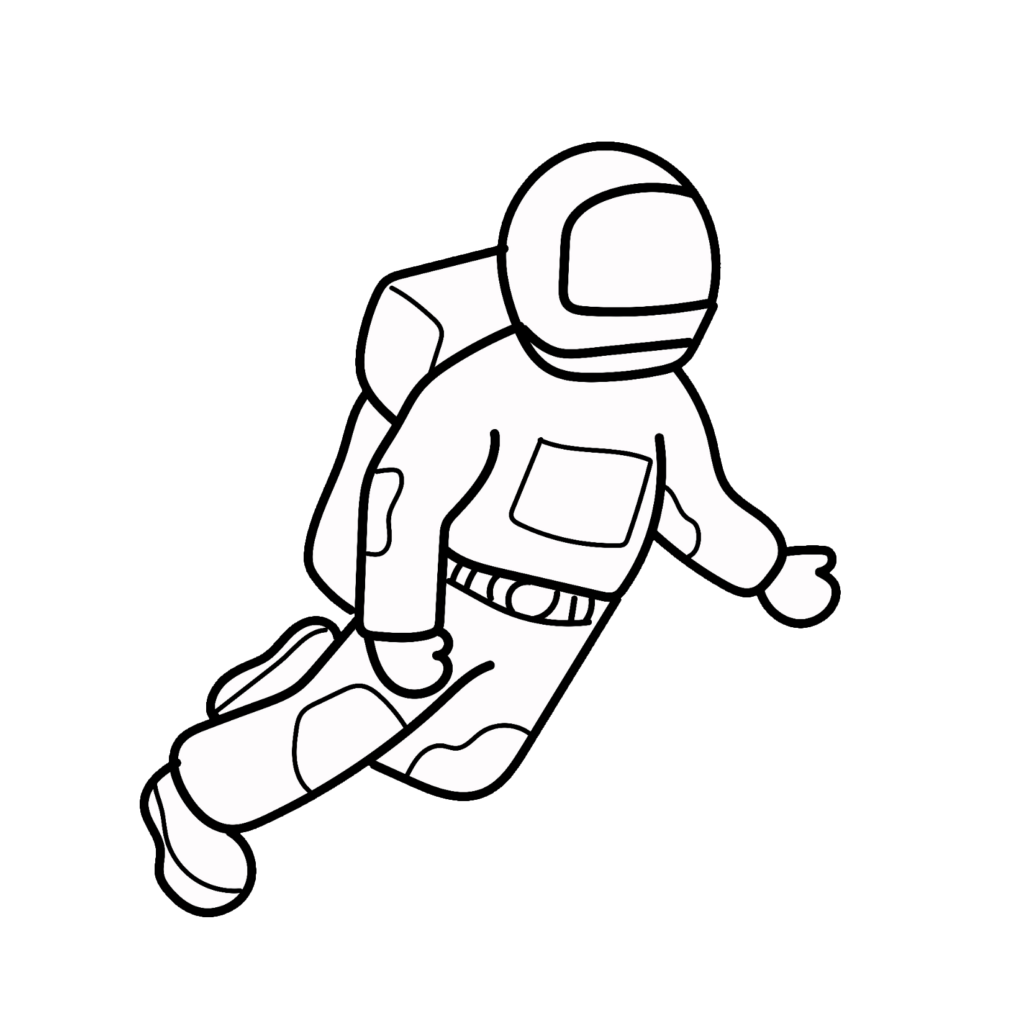
The role of an astronaut is one of the most captivating and inspiring occupations in human history. These intrepid explorers venture beyond the boundaries of Earth to explore the vastness of space, conduct groundbreaking research, and contribute to our understanding of the universe. An astronaut’s journey is a testament to human curiosity, determination, and the pursuit of knowledge.
Astronauts have undergone rigorous training to travel and work in outer space. Their training encompasses various disciplines, from physics and engineering to physical fitness and psychological resilience. This preparation equips them with the skills and knowledge required to survive and thrive in space’s challenging and often hostile environment.
The history of astronauts dates back to the mid-20th century when the Space Race ignited between the United States and the Soviet Union. Yuri Gagarin, a Soviet cosmonaut, became the first human to orbit Earth in 1961, marking a significant milestone in space exploration. Since then, astronauts from various nations have embarked on missions to conduct scientific experiments, repair satellites, assemble space stations, and even set foot on other celestial bodies.
Astronauts play a pivotal role in expanding our understanding of the universe. They conduct experiments that provide insights into the effects of microgravity on the human body, the behavior of materials in space, and the fundamental laws of physics that govern our universe. Moreover, space missions have led to important discoveries related to Earth’s climate, geology, and the origins of the cosmos.
One of the most notable achievements in space exploration is the International Space Station (ISS). This collaborative effort involving multiple nations is a laboratory for scientific research, technology development, and international cooperation. Astronauts worldwide live and work on the ISS, conducting experiments ranging from medical research to studying the Earth’s atmosphere. The ISS symbolizes the peaceful utilization of space for the betterment of humanity.
However, the life of an astronaut is not without its challenges. The physical toll of prolonged space travel includes muscle atrophy, bone density loss, and potential radiation exposure. The psychological challenges of isolation, confinement, and the distance from loved ones can also affect an astronaut’s mental well-being. Psychological training and support are integral to an astronaut’s preparation.
Despite the challenges, the allure of space exploration continues to captivate individuals worldwide. The quest to travel to Mars, establish a human presence on the Moon, and explore the outer planets excites the imagination and drives scientific advancement. As we look ahead, private companies are also becoming increasingly involved in space travel, opening up new opportunities for commercial astronauts to contribute to space exploration.







Leave a Comment